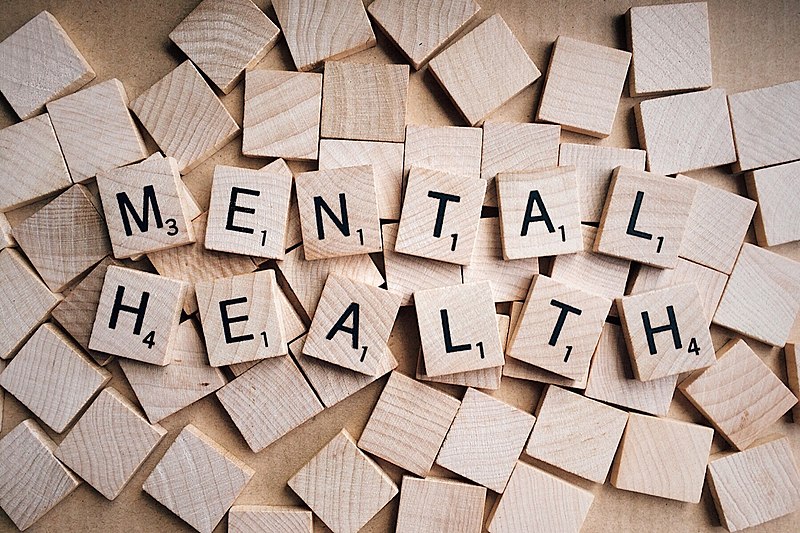When the initial shelter-in-place protocols were announced in mid-March 2020, the world stopped. The playing field was level as everybody from Michelle Obama to Jane Doe was hunkering down at home trying to stay shielded from the airborne COVID-19.
Social media made it fun at first. We said “hallelujah” to our mobile devices as we “church-hopped” to streamed sermons from our favorite pastors. Concerts and parties that we may not have had the money or time to attend otherwise could now be enjoyed without leaving the house. Videoconferencing gave working from home credibility.
However, for all the connectivity and virtual togetherness, the reality is that offline some people are really going through the mental toll of isolation and loneliness. No doubt that a little “me time” is good every now and then for self-care, but ala Hebrews 10:25 we need each other for encouragement and focus.
As segments of life open up, the “new normal” means fewer hugs, fewer social gatherings and fewer excuses to suit up and enjoy events and venues. It may not be major clinical level depression for everyone, but no one is immune from “feeling down” while being mindful of health concerns.
Dr. Jameca Woody Cooper is a licensed psychologist with Emergence Psychological Services LLC with a focus on geriatric and adult mental health.

SJ: Why is it harder for some to cope with the pandemic than others?
Dr. Cooper: Coping with this pandemic, in large part, depends on personality and personality traits. Certain personality types have a tendency to have more active coping measures.
SJ: So, what are some personality traits that would be beneficial during this time?
Dr. Cooper: People with traits such as openness and conscientiousness have been shown to display more problem engagement when it comes to problem solving. In other words, people that are more disciplined in how they manage their lives seem to be more engaged in active coping with how they are dealing with this pandemic.
SJ: Isolation and quarantine seem to be the introvert’s dream….lol. Are extroverts having a hard time adjusting?
Dr. Cooper: People who are extroverts and possess the trait of agreeableness have been shown to show positive reinterpretation and growth in times of crisis. In other words, extroverts who are more flexible in their thinking are more likely to be able to re frame this situation into something positive and show growth in the midst of this pandemic.
Dr. Deborah E. Stanfield is a mental health clinical supervisor for Cognitive/Seaside Behavioral Health Center. Her focus is providing treatment and support to those with drug and alcohol addiction, eating disorders and other mental health issues.
SJ: Who is most affected by the current health crisis?
Dr. Stanfield: The African American community has an alarming death rate due to COVID-19. It has created new barriers for those who already suffer from mental illness and substance disorders. Social distancing, school closures, financial stress and shelter in place orders have led to greater isolation. Feelings of anxiety and job loss are increasingly common. I see a lot of fear where it relates to their love ones getting ill and even dying along with the uncertainties of what will be the outcome of this pandemic.

SJ: In times of crisis, the church is a place of refuge and hope, particularly in the African American community. What does this look like right now?
Dr. Stanfield: The ability of its people to gather, fellowship and worship together is essential and an enduring part of our legacy. While social media and streaming can help deliver bible study and worship service, there are churches that do not have the technology capabilities.
SJ: Even as various segments of life reopen, it’s anything but business as usual. What are some measures people can take to get through this time, especially considering that it may last a while?
Dr. Cooper: People can cope with this situation by finding solace in your home ( TV shows, games, books, family time), but if that’s not an option, hobbies outside of home, fitness, sightseeing, reading in parks, etc, are also options.
Dr. Stanfield: We encourage regular exercise, talking with their family and friends on a virtual platform, practice good hygiene and limiting their time spent in large crowds. The most valid thing that we can do is to educate our communities with accurate information regarding COVID-19.
-Sojourner Justice
